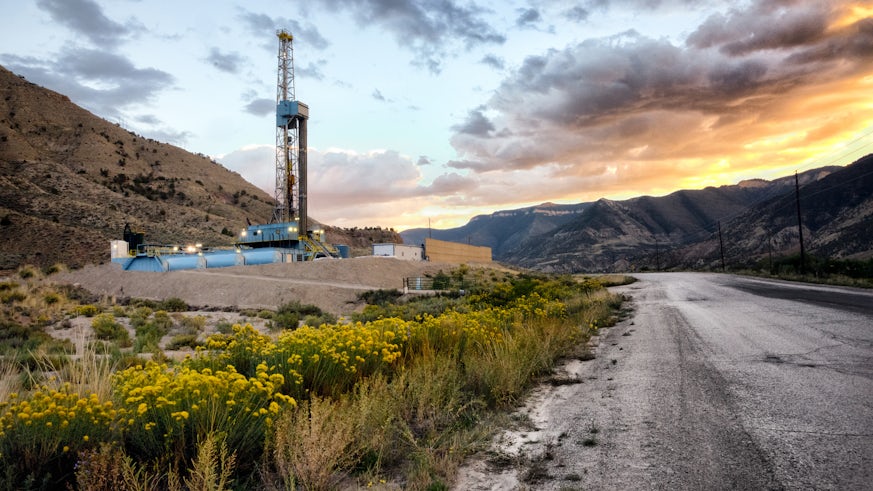Attitudes towards green energy affected by fracking debate
3 February 2023

Public attitudes towards some new low-carbon technologies could be negatively influenced by the fracking debate, new research from Cardiff University suggests.
A team from the University’s School of Psychology found that acceptance of deep geothermal energy – technology to harness the heat beneath the Earth’s crust - was affected by the backdrop of controversy and opposition towards fracking for oil and gas.
Green hydrogen, on the other hand - which is produced by using green energy to power the electrolysis of water – was found to have been less impacted by concerns around fracking because of its perceived difference.
The effect, known as ‘perception spillover’, means that people’s existing beliefs about one area influence another related area.
Dr Emily Cox said: “Our research shows that some people make spontaneous connections between fracking and deep geothermal energy.
“Some participants in our study brought up fracking within the first few minutes of discussion about deep geothermal energy. When others were prompted to think about fracking, triggering underlying associations, we saw the proportion of negative spillover increase to nearly half the survey sample.
“As green hydrogen was seen as different to fracking, the spillover effects were less strong. But, when prompted to consider fracking, 14% of our survey respondents expressed more positive perceptions of green hydrogen because of the perceived dissimilarity to fracking.”
The researchers conducted a nationally-representative UK survey (927 participants) and two focus groups to explore whether the strong public response to fracking might impact public perceptions of other technologies, affecting their chances of successful deployment.
Focusing on two of those technologies - deep geothermal energy and green hydrogen - the results suggest that techniques perceived to be similar to fracking, especially those with an underground drilling or injection component, are likely to be most vulnerable to perception spillover effects from fracking.
Dr Cox added: “Public support or opposition to technologies can be crucial in whether they are deployed or not. Our work shows that perception spillover from fracking could lead to widespread negative perceptions of deep geothermal energy and has potentially influenced the conditions the technology would be expected to meet, before it is accepted by the public.
“More research is now needed to understand the different facets of perception spillover, and how and why spillover occurs in certain contexts.”
The paper, Perception spillover from fracking onto public perceptions of novel energy technologies, is published in the journal Nature Energy.
